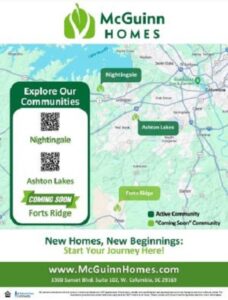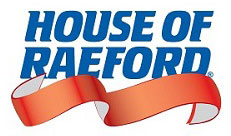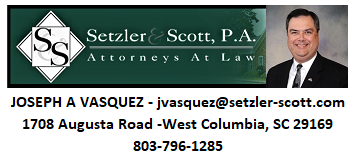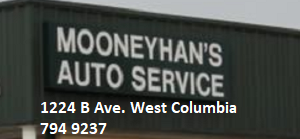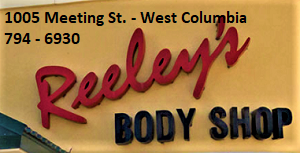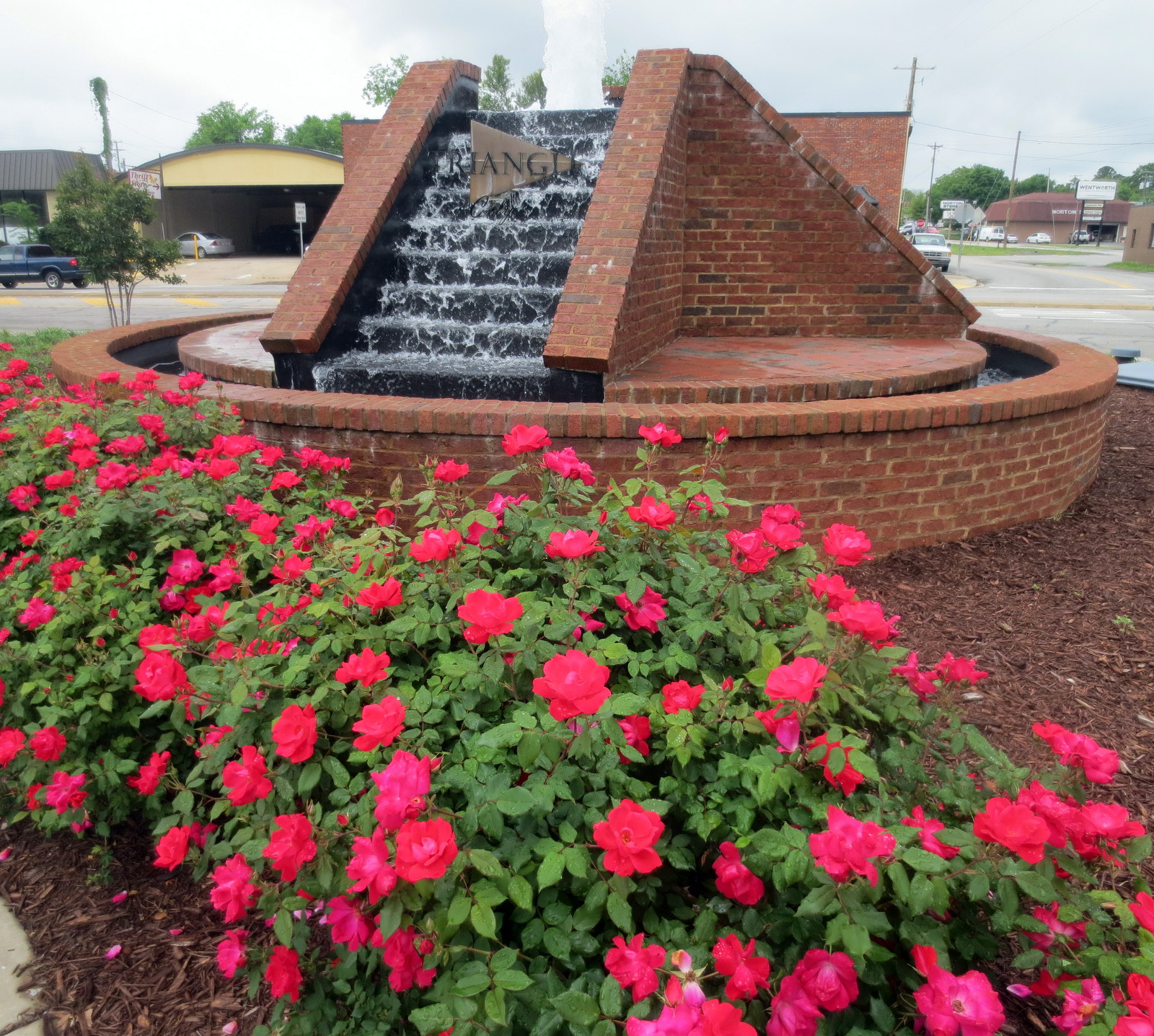
Chamber Board asks West Columbia to fund improvements with 2% Hospitality Tax
City requests public input
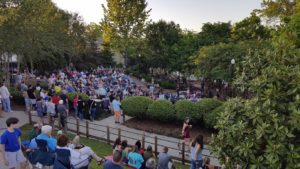
Would a Hospitality Fee be beneficial to West Columbia?
The Greater Cayce-West Columbia Chamber of Commerce Board of Directors is asking City of West Columbia leaders to adopt a local 2 percent Hospitality tax, or H-Tax.
“We encourage city council to adopt a 2% H-Tax program and use the revenues to develop a stronger and more vibrant business community in West Columbia,” the Board stated in a letter sent to the City.
A hospitality tax or “H-Tax” is a 2 percent tax on prepared meals and beverages sold in restaurants, convenience stores and delicatessens in the City of West Columbia. It’s not a tax on groceries.
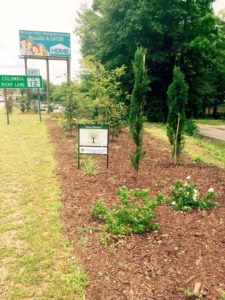
Those H-Tax funds could be used to acquire and improve parking areas near the Riverwalk. And that would help businesses, according to the Board. The tax could be used to fund park improvements and street beautification projects, among other things.
Indirectly, according to the Board’s letter, H-Tax money could be used for law enforcement and fire services, thus reducing the burden on the city’s budget and allowing the city to fund other programs with general fund revenues.
The Board also said it sees a “strong need to enhance the stage area,” and other areas around the West Columbia’s Riverwalk Amphitheater.
In the letter, the Board said: The H-Tax is “a pass-through” tax and “shared with the thousands of non-West Columbia residents who dine in West Columbia restaurants on a daily basis.” The letter also states that diners are accustomed to paying an H-Tax – that will be collected by but not paid by business owners- “in almost all the municipalities sharing borders with the city. ”
More than 100 cities and counties have an H-Tax, including neighboring Cayce, the Town of Lexington, Columbia and Forest Acres. Almost two-thirds of the H-Tax revenues collected in most of those municipalities come from non-residents.
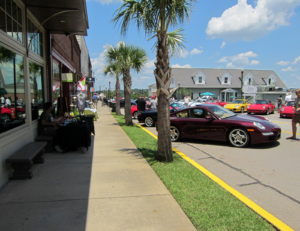
In response to the request, city staff has considered how revenue from the program could fund various programs and projects. City Administrator Brian Carter said, “Our residential and business communities previously made requests of Council for programs that could be funded through a local hospitality fee. Receiving feedback from our citizens and business owners is essential as this program takes shape.”
City of West Columbia staff has scheduled two public information and input sessions for the community. The first will be held June 8 at 6 p.m. The second will be held June 13 at 6 p.m. Both meetings will be held at City Hall.
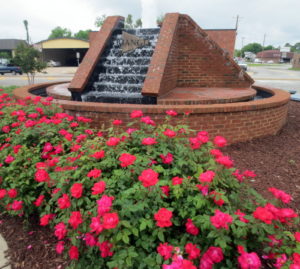
Carter said the revenue generated from a local hospitality fee would be significant. “Based on last year’s reported revenues from restaurants, we conservatively estimate an additional $1 million that can be used to fund programs and incentives to develop tourism and business in West Columbia,” Carter said. “The budget being prepared for Council consideration does not include a property tax increase for West Columbia residents. The hospitality fee would allow the City to provide better services and opportunities and promote West Columbia without asking all property owners to shoulder the financial burden.” Only customers purchasing prepared foods would pay the fee. For a $10.00 meal, there would be an additional charge of twenty cents on the bill.
An early five-year plan includes adding parking areas near the Riverwalk and in Triangle City, improving parks and the Riverwalk, beautifying streets and commercial corridors, and developing more pedestrian and bicycle pathways. Carter also identified opportunities to provide grants to local businesses to improve appearances and meet code requirements. A blight removal program to swiftly address abandoned structures and overgrown lots is also being considered.
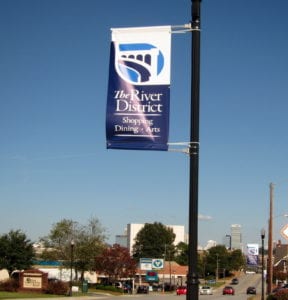
“Areas of West Columbia, including The River District, Triangle City, Sunset Boulevard, and Charleston Highway Business Corridors would greatly benefit from a robust program focusing on improving public spaces, developing vibrant social offerings, and improving failing areas,” according to the Board’s letter.



